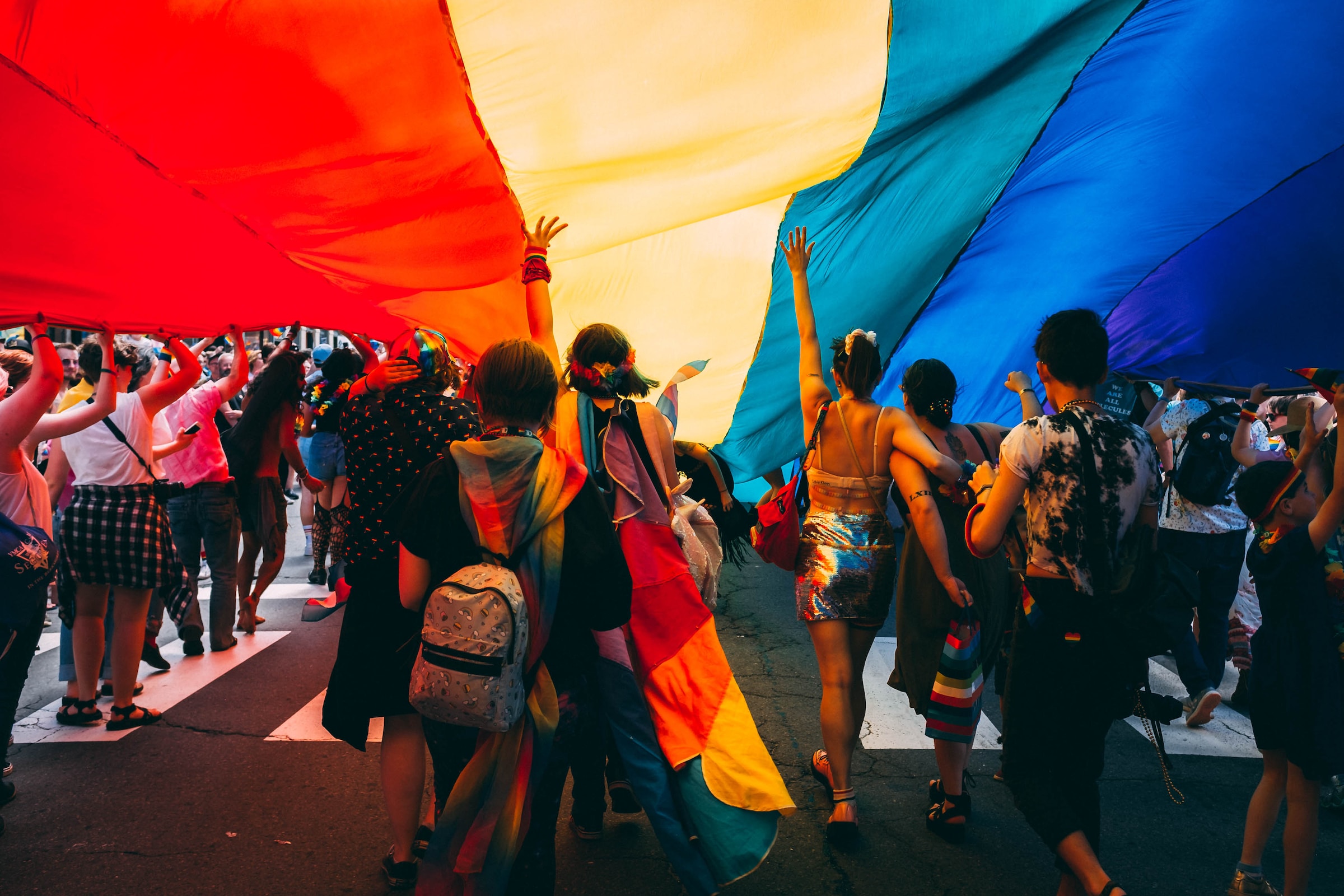
News Writer Gracie Rogers reports on UK Facing Consequences with Failure to Enact Ban on Conversion Practices
King Charles’ long-awaited speech failed to include the ban on conversion practices, making it unlikely for any new law to be enacted before the general election.
‘Conversion therapy’ refers to any process intended to change an individual’s sexual orientation, gender identity, or gender expression, including physical, religious, or counselling practices.
The ban on conversion practices was promised by the Conservatives under the leadership of Theresa May, and this commitment has been upheld by every subsequent Prime Minister, including Rishi Sunak. The legislation was pledged in both the 2021 and 2022 Queen’s speeches. LGBTQ+ rights groups, including Stonewall, have expressed their disappointment at its omission.
Approximately two-thirds (65%) of the British public support the ban on conversion therapy targeting sexual orientation
Approximately two-thirds (65%) of the British public support the ban on conversion therapy targeting sexual orientation, according to a 2022 study conducted by YouGov and The Times. The study also found that 62% of respondents supported a ban on conversion therapy to change someone’s gender identity, with only 14% opposed to the ban of each practice.
Reflecting on the issue, Dr. Jason Schaub and Dr. Willem J Stander from the University of Birmingham noted that ‘Conversion therapy has startling and disastrous effects on recipients – they are 92% more likely to have suicidal ideation across their lifetime and experience severe mental health, humanistic, and economic consequences.’
Conversion therapy is a widely prevalent issue. A recent study by Galop found that nearly 1 in 5 lesbian, gay or bisexual people, and 42% of transgender people in the UK have experienced conversion practices. In 2020, the BBC published a report indicating that conversion therapy had taken place on the University of Birmingham’s campus over 50 years ago.
Schaub and Stander go on to say that the government’s ‘broken promises’ and delays ‘show a callous disregard for the safety and protection of LGBTQ+ people’.
Schaub and Stander go on to say that the government’s ‘broken promises’ and delays ‘show a callous disregard for the safety and protection of LGBTQ+ people’.
LGBTQ+ rights charity Stonewall referred to the government’s failure to deliver the ban as ‘an act of frightful negligence’, which has ‘given the green light for the abuse against LGBTQ+ people to continue unchecked’.
Britain’s equality watchdog has called on the government to ban the ‘harmful’ practice. Many major medical institutions, including NHS England, have signed the Memorandum of Understanding, detailing the ineffectiveness and dangers of the practice, supporting the ban.
The conversion therapy ban has become a weighted political issue, and Boris Johnson’s former advisor, Iain Anderson, has suggested the practice has become a ‘wedge issue’. This suggests that the government hopes to portray the issue of transgender conversion practices as a divisive debate amongst the opposition, drawing away their voters.
A private members bill, orchestrated by backbench MPs, will be introduced to the House of Commons on Wednesday, December 6th. The bill, drafted by Labour MP Lloyd Russell-Moyle, has the support of nine conservative MPs, including the Chair of the Women and Equalities Committee. If a vote does go ahead, it will not take place until March 2024 at the earliest.
Read more News articles here:
Birmingham’s Mailbox Hits the Market for £120 million
Birmingham Business School Achieves re-accreditation from the AMBA
King Charles Says ‘No Excuse’ For Colonial Violence in Kenya
Comments